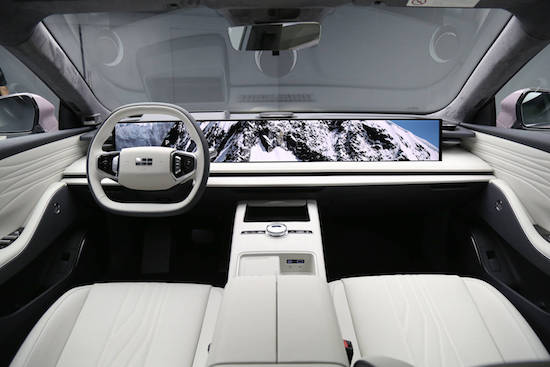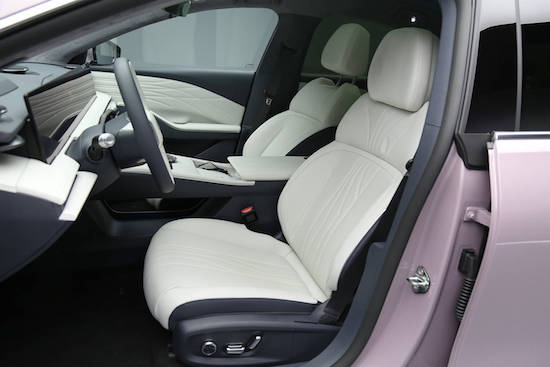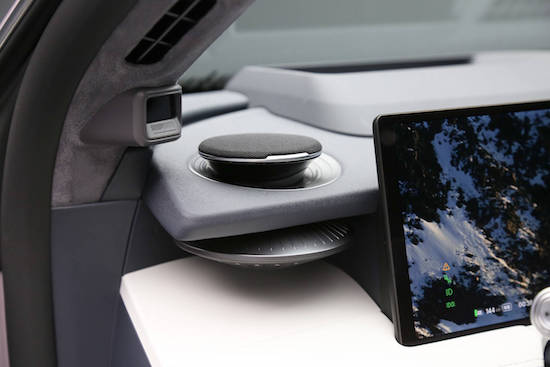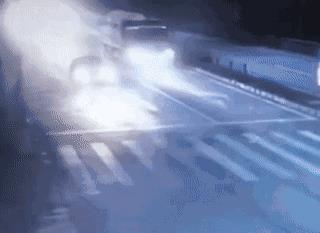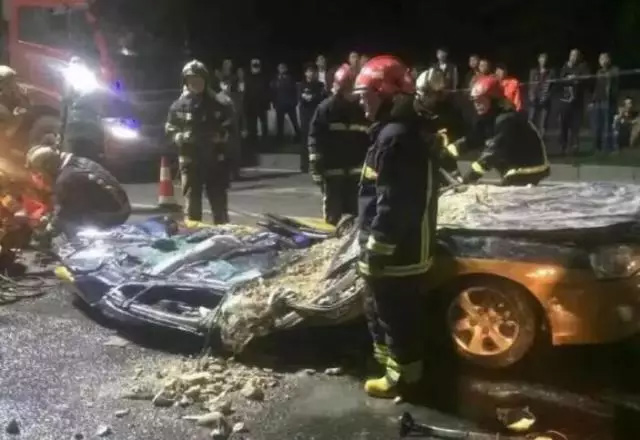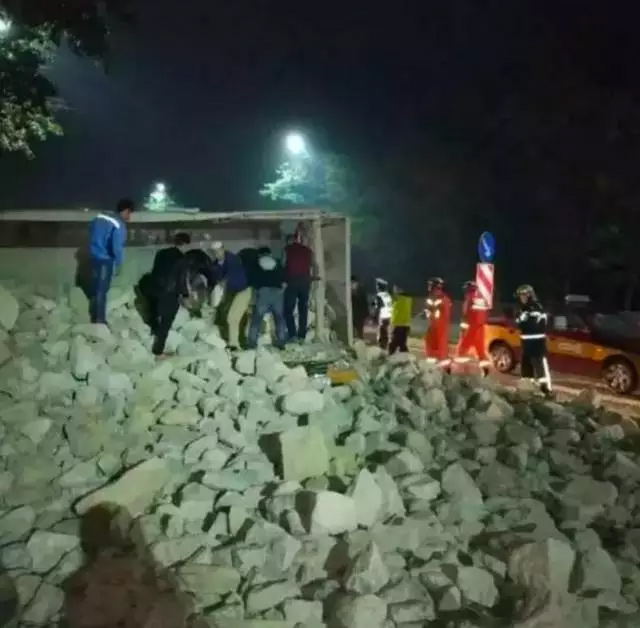"Today’s Tingfeng can be said to be the me of the year. I finally have a successor," said Jackie Chan, who came to the Beijing premiere last week to cheer on the film Customs Front, directed by Qiu Litao and starring Nicholas Tse, Jacky Cheung and others.
The tradition of "fighting for your life" in Hong Kong action movies has been passed down from generation to generation, and now it is Nicholas Tse who has taken over most of the action scenes in "Customs Front", contributing many thrilling action scenes: being hoisted in the air by a helicopter, fighting an opponent for a few minutes underwater, "crossing the line of fire" on the battlefield… It is worth mentioning that Nicholas Tse is the action director of the film for the first time, and these thrilling scenes are all designed by him and his team. This "desperate Saburo" has never been soft on himself.
In a recent interview with the Yangcheng Evening News, Mr. Qiu and Nicholas Tse shared many details about the design of the action. Speaking of "Jackie Chan’s successor", he modestly said: "He and the generation of Hong Kong action filmmakers are irreplaceable."
Qiu Litao praised Nicholas Tse for being "efficient and careful"
As an action director for the first time, Nicholas Tse’s performance is very reliable. Qiu Litao describes Nicholas Tse’s style on the set as "literati-style action guidance": "I have seen a lot of popular action guidance, but Nicholas Tse is not that kind of’kung fu guy ‘style. He never cursed once on the set, he was very calm. And the whole team was very quiet and gentle." Nicholas Tse laughed: "If you want to scold, you have to scold enough during the audition. This time the preparation time is very sufficient, and the shooting scene is not very unexpected."
Nicholas Tse is used to doing kung fu first. He spent months leading the team ahead of time, testing shots, and handing over the test footage of the action scenes to the director before the official launch. He admits that there are not many people in the industry who use this method of work because it takes too much time. But it can greatly improve the efficiency of the shooting scene and build full trust between the director, the actors and the action team.
For example, there is a scene in the film that is extremely difficult: a helicopter lifts a large container to a height of seven stories, and an off-road vehicle is hooked under the container; the container suddenly tilts to 45 degrees in the middle, and Nicholas Tse has to roll on it to escape. The scene was originally not that complicated, and Nicholas Tse added a lot of difficulty to it: "The director and the screenwriter first came up with a framework, and I asked if I could roll off the container, so I and the team first found an open space and tried to go through the shooting process to make sure it was safe and that it would not affect the shooting progress."
Qiu Litao has always been known for his fast and accurate filming, and even he praised Nicholas Tse for his efficiency and care: "In the past, even if there were trial shoots, many people would have done four or five achievements, but Ting Feng did it very carefully this time, and there was basically no situation where he didn’t know what to do at the shooting scene. Therefore, the shooting of the action scenes of" Customs Front "is very efficient, and there is no need to waste time."
Nicholas Tse forms his own action team
In the action scenes of "Customs Front", drag racing, blasting, fist and foot fighting and other action scenes "family buckets" are naturally indispensable, and there are many scenes of "going to the sky and going to the sea", and the danger index is not low at all. Action movies pay attention to tacit understanding, and only if you have enough trust in the action team can you challenge the limit and shoot those thrilling action scenes. For example, in the blasting scene of "Customs Front", the explosion point is less than one meter away from Nicholas Tse, and the blaster has worked with Nicholas Tse many times. Nicholas Tse said: "If it wasn’t Nicholas Tse today, but other actors, he might not have exploded." Taking "Customs Front" as an opportunity, Nicholas Tse gathered a group of old acquaintances who had worked together many times in the past to form his own action team, and also worked with this team in the new movie "Rage Spreading".
Hong Kong films have always had a tradition of taking the old with the new, especially in the field of action. Nicholas Tse said that he learned high-altitude skills from the family class and the experience of shooting explosive scenes from director Chen Musheng, which were all applied to the shooting of "Customs Front". Hong Kong films used to shoot less scenes on the sea and under the water, and "Customs Front" brought him a fresh experience. Nicholas Tse said: "Water is the hardest thing to shoot because it is too difficult to control. And this scene was shot around December 2022, the water temperature is very low, and I have to wear a short-sleeved customs uniform, which is really cold."
He mentions the one-on-one fight in a rubber boat: "It’s a very balanced scene. The camera is mounted on the rubber boat, and as soon as I move the lens, it moves. On the one hand, you have to keep the realism of shaking, and on the other hand, you have to be careful not to shake too much, otherwise the audience will be very dizzy, so you really have to keep experimenting to find the most suitable feeling."
The first time he was a movement director, he took the initiative to get on a lot of difficulties. How much would Nicholas Tse rate his performance? "I won’t rate it myself," he said with a smile. Qiu Litao gave Nicholas Tse full marks. In his opinion, Nicholas Tse added a lot of ingenuity to the action scenes of "Customs Front". For example, in a scene where Nicholas Tse and Jacky Cheung fight at the dojo, the script is designed for the two to fight with their hands similar to Aikido, and Nicholas Tse proposes to fight with sticks. Qiu Litao said: "I’m a little worried because the stick can easily hit the finger, and I don’t want to hurt the two actors. But in fact, Ting Feng’s design is very good, because in the ending, the apprentice did not come out, but the stick he used appeared in the picture, which implicitly echoed the relationship between apprentice and Ting Feng. "
Hong Kong action movies have a tradition of "fighting for your life"
When it comes to Jackie Chan praising him as his successor, Nicholas Tse’s first reaction is: "In fact, no one can take over his class." This is not entirely polite. In his opinion, in the past, Chinese kung fu and kung fu movies were mysterious in the eyes of foreign audiences. In his opinion, Jackie Chan and other kung fu superstars used dazzling fists and feet to conquer Hollywood and audiences around the world, bringing them unprecedented visual stimulation. But now the world’s action trend has shifted from kung fu to the more practical MMA (mixed martial arts), and with the rise of CG special effects, action is no longer uncommon. "In addition, many of the predecessors were trained in martial arts since childhood, and their skills are very deep. Now few people can do it. I think they can never be replaced."
From "Rage · Serious Case" three years ago to the current "Customs Front", Nicholas Tse has made action scenes, and still insists on using no stunts and reducing the use of special effects as much as possible. In Qiu Litao’s view, he continues the tradition of Hong Kong filmmakers such as Jackie Chan, using his body to challenge the limit of action, which is actually a legacy of Hong Kong action film aesthetics: "Our action movies always have a’fight for your life ‘component, whether it is Jackie Chan or Ting Feng, they are very brave to do it."
Nicholas Tse admitted that the return to the field of action movies is due to his cherishing of action movies and his nostalgia for his mentor, director Chen Musheng. "Action movies have won us a position in the world of film, and I don’t want to see this unique advantage disappear. It would be a pity to give up making action movies today because everyone uses CG special effects, doesn’t want to take risks, or doesn’t want to train their bodies."
Text | Reporter, Hu Guangxin







